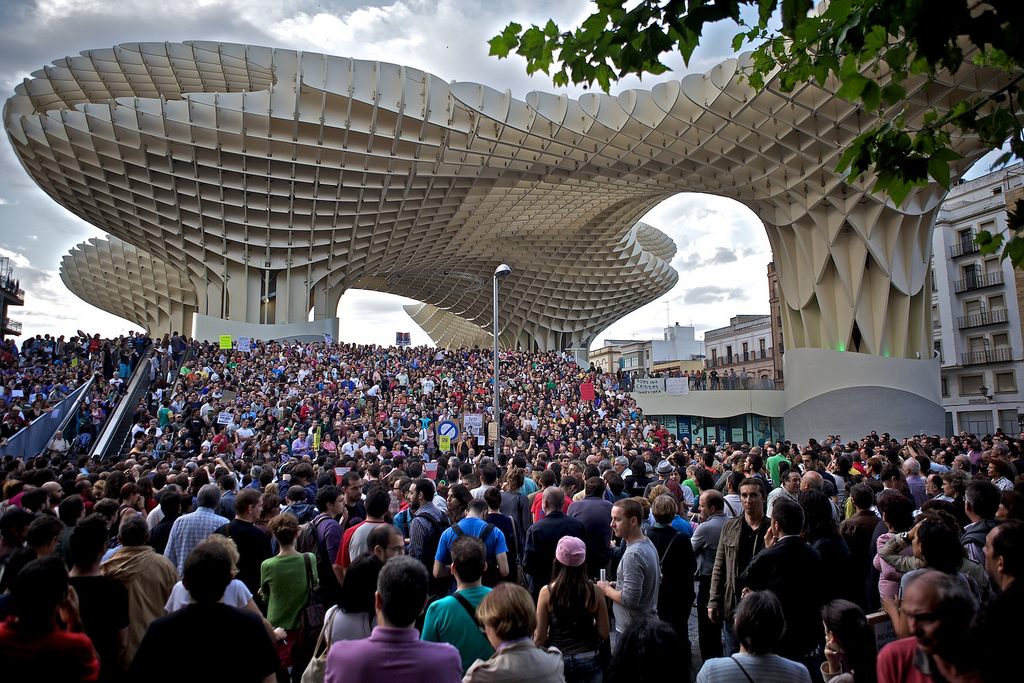The purpose of this research is to explore the relationship between participation in demonstrations and electoral change in Spain attending four moments (surveys) throughout different legislatures, between 2003 and 2013. The analysis reveals the nature of the connection between the answer on the street and participation in the polls and that participation in demonstrations can be a significant variable when it comes to understanding electoral behavior. Specifically, the results indicate that, when the mobilizations are configured as electorally significant events, especially in contexts of high social mobilization, the participation in demonstrations is associated with the fluxes of change of vote between the voters of the two dominant parties in the period studied (PP and PSOE), as well as among the abstentionists, in line with the cycles of electoral change.
Methodology
In order to empirically explore the relationship between participation in demonstrations and trends of change of vote, the work proposes a transversal design repeated over time, with four key moments of observation, in four legislatures (between 2000 and 2015) and with variations in the color of the party in the government and the levels of contestation. The four surveys correspond to the monthly barometer series of the CIS. These are polls in which, together with the usual questions about recollection and intention to vote, the question about participation in demonstrations during the previous 12 months is also included. The similarity in the design of the barometers facilitates the comparison of the results.



